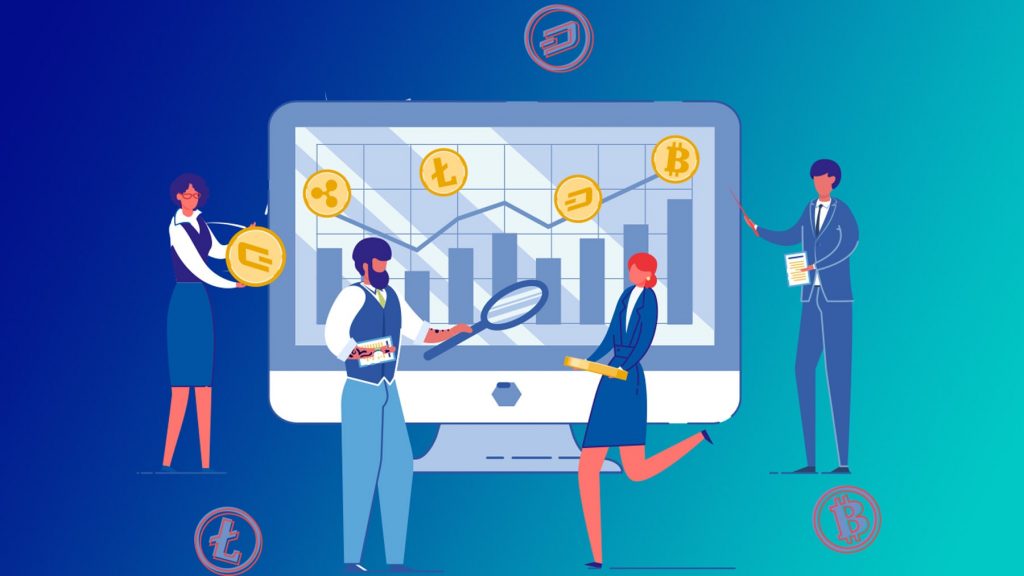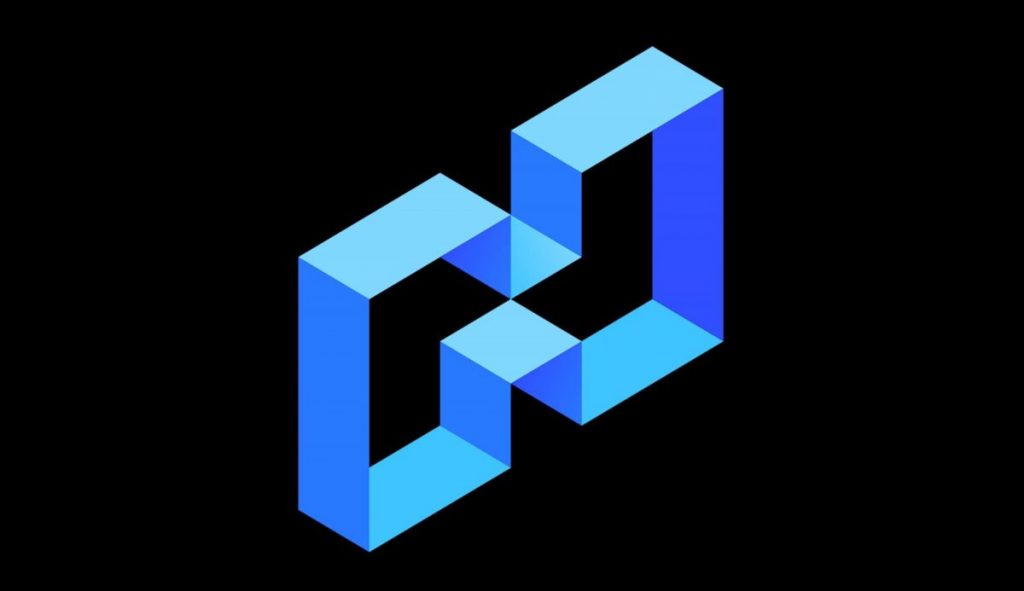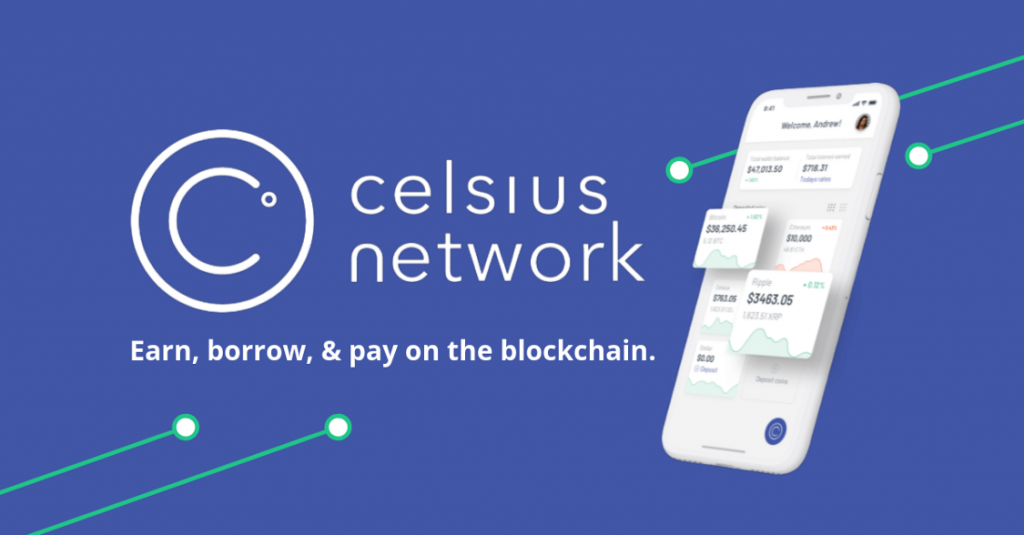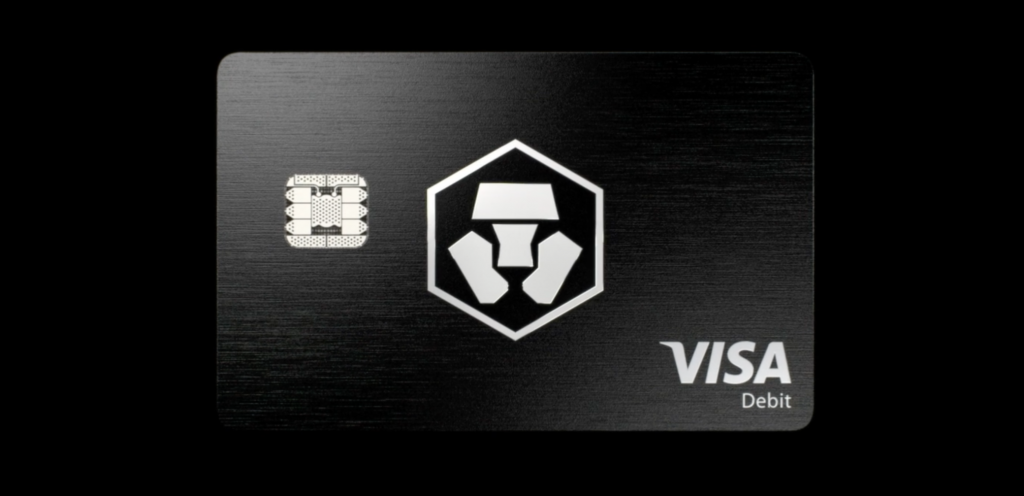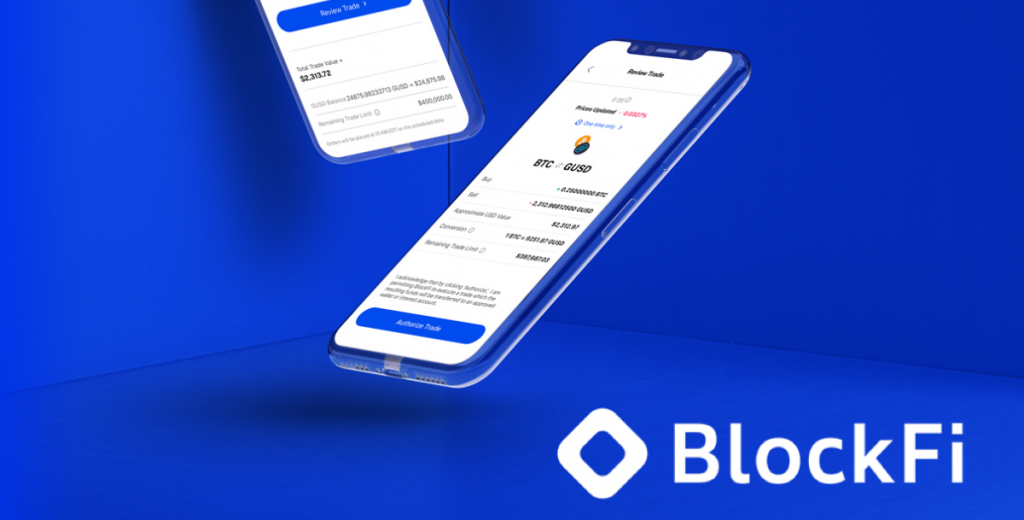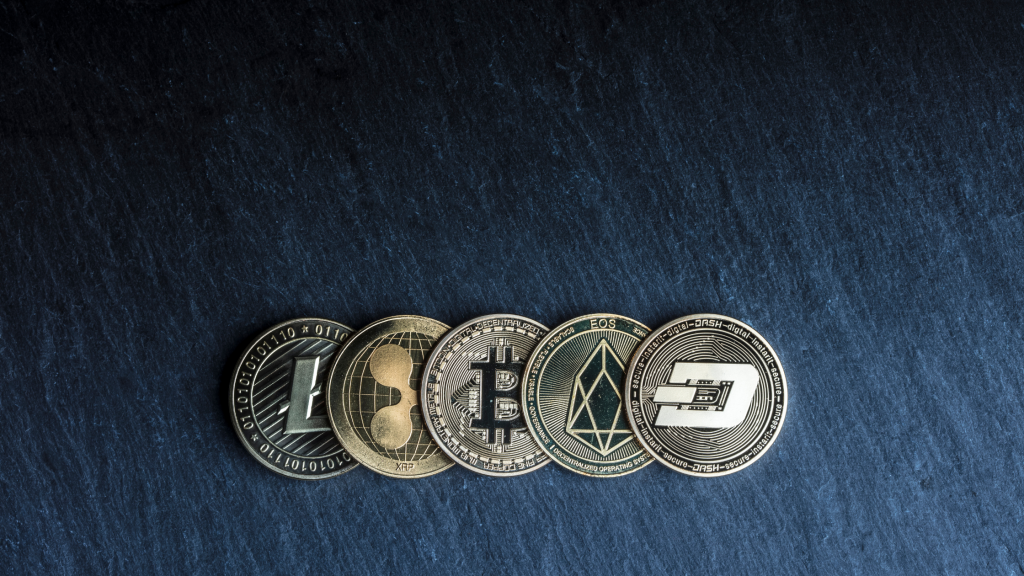The Virtual Land Market
The metaverse is becoming more popular, causing a significant increase in demand for virtual land. Consequently, the prices of virtual real estate have spiked, leaving many people unable to afford them. Just in 2021, the prices of metaverse property rose by 700%. Apart from the speculation, the opportunity to monetize virtual land also plays a bigger driving this increase. Users can monetize their digital parcels with games, events, and other revenue-driving ideas.
Currently, digital real estate has become a hot commodity as many people leverage their crypto assets to buy these assets. Popular projects such as Decentraland and The Sandbox Axie Infinity have hosted virtual land sales worth up to millions of dollars. The last quarter of 2021 saw some massive sales in this niche. For example, eight virtual Axie Infinity land sold for 888 ETH (about $1.5 million at the time of settlement). In another sale, a virtual adjacent to Snoop Dogg’s metaverse mansion in the Sandbox sold for $450,000 in December. Some experts expect the prices of Metaverse to continue soaring moving into the future. For example, Metametric Solutions, the metaverse analytic firm published a study predicting the metaverse real estate sales to hit $1 billion in 2022.
The high prices of virtual land continue to raise the barrier to entry, especially for users with small capital. However, the idea of metaverse lending has entered the ecosystem to help circumvent the challenges. It opens up the market to users with too little capital to compete with wealthy investors. But, what is a Metaverse mortgage? And how does it work? Who is spearheading the metaverse lending? This article will answer all these questions and give more insight into the subject.
What is Metaverse Lending?
Understanding Mortgage
The term mortgage, in the real world, refers to a loan for purchasing or maintaining real estates such as land or home. In this case, the borrower agrees to pay the lender over time, commonly in a series of regular payments. The payment involves the principle (the exact amount borrowed) and interest. The property serves as collateral to the loan. Therefore, the lender claims the ownership of the real estate if the borrower fails to pay back the loan.
Most people get a mortgage because they are unable to pay for a property at once. However, some people may have enough money to pay for a property, yet opt for a mortgage to free up some funds for other investments. Some users may even use the mortgage as a business strategy to cash in more money. Whatever the reason someone would prefer a mortgage, remains an important strategy that sustains the real estate industry.
Metaverse Mortgage
Virtual real estate is a replica of the real world real estate economy in the digital world. Therefore, it borrows nearly all concepts and terms from the real world property market. The term metaverse mortgage is no exception.
Metaverse lending is loans for acquiring virtual properties in the metaverse world. The loans help users who cannot afford to buy the properties in cash. Lenders, fund such users under the conditions that the two parties agree on. Such conditions involve the interest, period for servicing the loan, and loan default terms.
How Metaverse Lending Works
When you get a metaverse mortgage, your lender will give you the funds you need to buy a virtual land or property. You agree to pay back the loan with interest over a given period. However, the lender usually has the right to the virtual property until you complete the loan payment.
The difference between metaverse lending and any other loan is that you do not need to have any collateral apart from the virtual real estate you are dealing with. If you fail to pay the loan, the lender will claim the property and try to sell it to get their money back.
Differences between Metaverse Lending and Real World Mortgage
Metaverse lending differs from the real world in some key aspects.
First, metaverse lending solely deals with virtual properties while real wold mortgage deals with physical real estate. This difference is significant if you start considering the risks of a metaverse mortgage, which is discussed in detail later in this article. Just to highlight, virtual properties are still highly speculative. The value of the property can drop significantly over a very short period. This case is contrary to the real world property market where real estate is generally increasing in value over time.
Second, Metaverse lending mostly attracts tech companies while the real-world property industry attracts banks and other financial institutions. Financial institutions such as banks prefer dealing with low-risk assets, which they find in real-world properties. On the other hand, virtual lands attract tech companies looking to invest in tech start-ups and individual tech entrepreneurs. Virtual properties do not guarantee an organic increase in value as physical real estate. Therefore, if you want to get a metaverse mortgage, you may need to prove to the lender that you can be creative enough with your piece of land to increase its value.
Advantages of Metaverse Lending
Metaverse lending presents the following pros to the borrowers:
- Breaking the financial barrier in the virtual land market
The value of the virtual land on reputable metaverse platforms is extremely high. However, metaverse land presents opportunities that you may want to explore. Metaverse mortgage gives you a chance to acquire virtual land without spending your cash. You can now buy some of the most expensive virtual pieces that present great opportunities for financial growth. You can plan yourself and pay back the loan in installment, which is more manageable. Therefore, metaverse mortgage breaks down the financial barrier.
- Enables users to keep their cash reserves
By catering to the land purchase, metaverse lending allows borrowers to keep their cash reserves for other uses. If you are a developer or a gamer, you can channel your money into other aspects of your project developments.
- Enables Risk Sharing
The metaverse land market is still volatile hence presents a significant level of risks. For example, some pieces of land sell for hundreds of thousands or even millions of dollars. Well, that presents a huge risk, as the project may fail and the virtual piece loses value or the entire project closes. However, having a mortgage cushions the risks. In this case, you do not use our funds to settle such huge bills. The lender gives you the money, which means you share the risks.
- Flexible Payment Tenures with lower interests
The interest paid in the metaverse mortgage is lower than that of normal loans. However, the real estate assets still present equally good opportunities to make fortunes. Additionally, a metaverse mortgage plan enables you to pay for the property with flexible and manageable terms.
Disadvantages of Metaverse lending
Metaverse lending presents the following cons:
- Paying more for a virtual asset
A mortgage is a loan, which attracts interest. Therefore, you will ultimately acquire the real estate asset investing in at a higher cost than the original price. Loans require that you pay more than you borrow.
- Metaverse mortgage is a Secured Loan
A metaverse mortgage is a secured loan against the virtual asset you are acquiring. Therefore, failure to pay back the loan according to the terms will mean you lose the assets. Repossession can be worse if you have already invested your time and resources to complete the acquisition and development of the virtual land.
- The value of the asset may decrease
As mentioned early, the metaverse is still relatively new. Therefore, it is uncertainty surrounding its future. The virtual real estate project may fail to achieve the initially anticipated success. Consequently, the value of the property may drop. If such happens, you may run losses, as you will still have to pay the initially agreed amount.
Risks Facing Metaverse Lending
The following are the risks of metaverse lending from the perspective of a lender.
Collapsing Projects
There is a chance that the virtual land project that the borrower is trying to invest in may collapse. The lender may run huge losses if such a scenario happens before the borrower completes loan repayment.
As a relatively new niche, metaverse land projects still carry many risks including rug pulls.
Government Regulations
The crypto and blockchain technologies are the key drivers of the metaverse ecosystem. However, these technologies still face challenges and risks. As in other financial areas, the government may eventually require businesses and projects dealing in metaverse to register and obtain licenses to operate in specific regions. However, cryptocurrencies have complex and evolving legal status, which remains significantly less clear for businesses operating in this industry. Any negative legislative move by governments concerning cryptocurrency will affect the entire metaverse ecosystem.
Another critical legal consideration for cryptocurrency investors involves the way most tax authorities view digital assets holdings. Their views are evolving and digital asset investors must keep an eye on the latest developments.
For example, in the United States, the International Revenue Service (IRS) defines cryptocurrency assets as property rather than currencies. Consequently, investors who buy and sell cryptocurrencies are subject to capital gains tax laws when reporting their profits and expenses on their annual tax returns. Such rules have a direct effect on the metaverse ecosystem. Furthermore, the rules that keep changing may become more unfavorable to metaverse land traders.
Digital Asset’s Volatility
All digital assets from cryptocurrencies to NFTs are highly volatile. Speculations can easily shift the prices of digital assets leading to huge losses. Investors on virtual land may end up losing funds if the market deeps significantly.
Example of Metaverse Mortgage
TerraZero Technologies, a metaverse tech company, completed one of the first-ever metaverse mortgages with one of its clients on January 29. The deal took place in the Ethereum-based metaverse platform Decetraland.
The Vancouver-based TerraZero provided the majority of the funding to enable the client to buy the real estate. Since then, the company has been offering the Metaverse Mortgage service to any of its clients who intend to finance the acquisition and purchase of the virtual real estate. It uses the loaning plan to collateralize every transaction with the underlying NFTs as digital assets.
According to the CEO and the Founder Dan Reitzik, TerraZero is targeting to bridge the real world with the metaverse by proving innovative tools such as the ‘Metaverse Mortgage’ plan. The company believes that mortgages and financing availability will fuel the development of the development and adoption of the metaverse.
TerraZero allows clients to browse their platform, explore the available offerings and listings such as land size and location. However, users can also propose other targeted NFT assets to the company for an individual mortgage-based transaction.
Once the client signs the contract, TerraZero approves the client to take out the mortgage on the property. The company, however, holds land NFT as the registered owner until the borrower fully pays the loan within the agreed time. At the same time, the company gives the client ‘deployment rights’ to perform different activities on the piece of land. They can build on the land, run a digital store, organize their internal company office, and even host their virtual company’s office. Consequently, the company expects its clients to make monthly payments until the mortgage is fully paid. Once the clients have paid off the mortgage, they claim full ownership of the respective virtual land.
According to the company’s CEO, TerraZero limits its mortgage period to two or three years as the market is still immature enough like the regular housing market. Consequently, they charge slightly higher interest compared to that real-world real estate.
Conclusion
Metaverse lending (mortgage) are loans that metaverse users can acquire to purchase virtual real estate. The underlying virtual land asset (NFT) is the collateral for such loans. Metaverse mortgages break the financial barrier to entry into the metaverse land market. As a replica of the real world mortgage, metaverse mortgage opens up a wide range of opportunities. However, metaverse lending presents risks that users must look into before they jump into the business.

